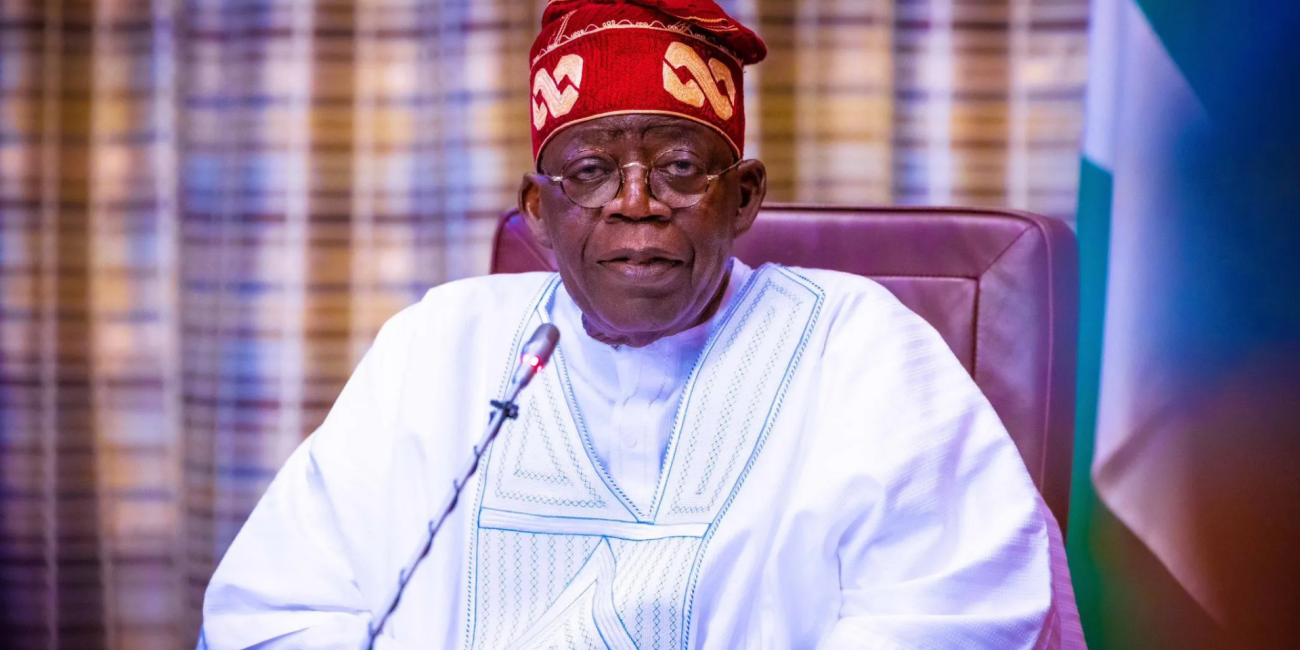
Amnesty International Nigeria and the Civil Society Legislative Advocacy Centre (CISLAC) have called on President Bola Ahmed Tinubu to immediately reverse his government’s recent decision to grant presidential pardons to individuals convicted of serious offences, including human rights violations, corruption, drug trafficking, and murder.
The controversial pardons, announced on Saturday, extended clemency and posthumous forgiveness to 175 convicts, inmates, and deceased Nigerians. Among those named were Maryam Sanda, Ken Saro-Wiwa, Sir Herbert Macaulay, Major General Mamman Vatsa, Professor Magaji Garba, and several individuals convicted for drug-related and financial crimes.
According to the Presidency, the mass clemency—recommended by the Presidential Advisory Committee on the Prerogative of Mercy led by Attorney-General of the Federation and Minister of Justice, Lateef Fagbemi (SAN)—was part of efforts to promote “compassion, justice, and national healing.”
However, human rights and anti-corruption advocates have condemned the move as a dangerous precedent that undermines the rule of law and accountability.
In a strongly worded statement issued Tuesday, the Director of Amnesty International Nigeria, Isa Sanusi, described the decision as a “setback for justice and victims’ rights.”
“We are deeply concerned by the clemency and pardons granted by the government of President Bola Tinubu to some persons convicted of human rights crimes, as the pardons for these crimes prevent reparations for victims,” Sanusi said.
He accused the government of prioritizing offenders over victims and warned that the move could embolden future violators by signaling that grave crimes carry little consequence.
“The way and manner Nigerian authorities carried out the exercise seemed to prioritize the perpetrators instead of access to justice and effective remedies for the victims and their families,” he added.
Amnesty International warned that such actions could “entrench impunity” and erode confidence in Nigeria’s justice system.
“The actions of the government have the potential of undermining the rule of law, preventing the emergence of the truth, the determination of guilt or innocence by a court, and reparations for victims,” Sanusi cautioned.
The organization urged President Tinubu to rescind the pardons and demonstrate a renewed commitment to justice, accountability, and the protection of victims’ rights.
Similarly, CISLAC—Nigeria’s chapter of Transparency International—condemned the pardons as “legally questionable, morally wrong, and damaging to Nigeria’s image both locally and internationally.”
In a statement signed by its Executive Director, Auwal Ibrahim Musa (Rafsanjani), CISLAC noted that some of the beneficiaries reportedly include former Delta State Governor James Ibori—convicted in the United Kingdom—as well as individuals involved in oil theft, illegal mining, and transnational crimes.
“You cannot pardon someone convicted by a foreign court when Nigerian jurisdiction wasn’t involved in the conviction. That is beyond the constitutional powers of the Nigerian president,” the organization stated.
CISLAC warned that such a decision could harm Nigeria’s international legal cooperation, especially in areas like anti-corruption and narcotics control, where the country relies on global partnerships for intelligence and support.
“Pardoning individuals convicted for drug trafficking, financial crimes, and other serious offences sends the wrong signal to Nigeria’s international partners and undermines the credibility of our justice system,” Rafsanjani said.
The group also criticized the government for showing leniency to politically connected offenders while thousands of poor Nigerians remain in detention without trial, some for over a decade.
“It’s an insult to the justice system and a slap in the face of anti-corruption agencies who risked their lives to bring some of these people to justice,” CISLAC stated. “How do you motivate EFCC, ICPC, NDLEA, CCB or police officers to continue their work when their efforts are undone with a single signature?”
Both Amnesty International and CISLAC have called for a transparent review of the clemency process, urging the government to focus instead on prisoners awaiting trial and non-violent offenders.
They warned that the presidential pardon, if allowed to stand, could embolden criminal networks, weaken institutional integrity, and further erode public confidence in Nigeria’s justice system.